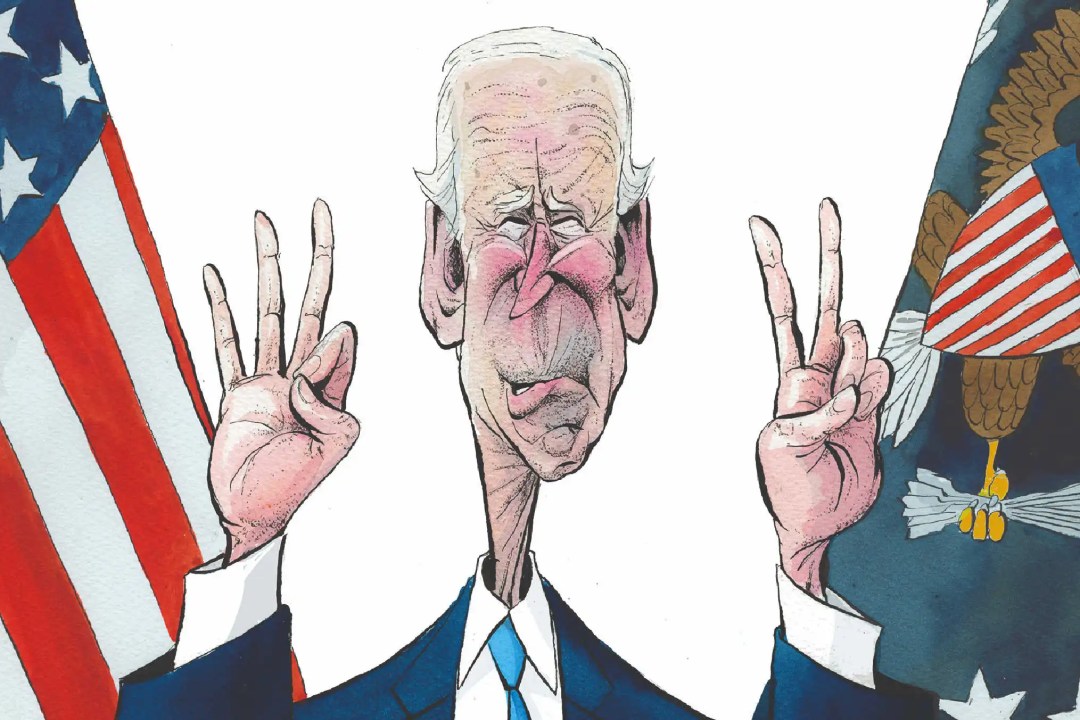The Growing Difficulty of Balancing Military and Politics for the US
Although the U.S. strictly abides by the doctrine of civilian control of the military, the military is relatively independent. While the government controls the military's budget, size and deployment, it does not manage training, promotions or internal organization. Collaboration between the government and the military inevitably leads to conflicts. Famously, Douglas MacArthur was dismissed for repeatedly disobeying and publicly challenging President Harry Truman during the Korean War.
Of note, U.S. military generals are not always more radical than the political leadership. During Donald Trump's presidency, Chairman of the Joint Chiefs of Staff Mark Milley twice communicated with China to reduce the risk of military conflict arising due to domestic politics. The U.S. military has also held a less aggressive stance than the politicians on the Russia-Ukraine conflict. The president, presiding officers of Congress and Secretaries of State and Defense take a tough, resolute stance on Ukraine, while the military is much more modest. Milley has frankly stated that a quick, complete victory in Ukraine is unlikely and suggested that Ukraine should negotiate with Russia. U.S. politicians obviously support a prolonged Ukraine conflict to bleed Russia, aiming to achieve their greater strategic goals, including Russia's collapse. The U.S. military, however, wants a quick resolution. For example, the military-focused think tank, the RAND Corporation, issued a report stating that if the Ukraine conflict is not settled quickly, the costs will outweigh the benefits.
Overall, the needs of the occupational roles determine the individuals' perspective, as seen in the change in Austin when retired as commander of U.S. Central Command to when he joined Joe Biden's cabinet. U.S. politicians are inclined to start from a political and strategic perspective, where military considerations are only a component. The military, however, besides following the well-known trend of exaggerating threats to obtain bigger budgets, takes comparison of military forces and chances for victory as the analytical starting point.
That the status and influence of military personnel in U.S. politics is ascendant is indubitable. This trend is more dangerous than the aggressive rhetoric of generals for the following reasons:
First, the competency of U.S. politicians has degraded, and so the military is filling the vacuum. Bill Clinton and George Bush's military operations in Africa, Iraq and Afghanistan were plagued by challenges at home and abroad, leading senior U.S. military generals to speak out. The military was very dissatisfied with the excessive political restrictions imposed upon military operations in Afghanistan, which lead to a MacArthur-style dismissal in 2010 of Stanley McChrystal, commander of U.S. Forces in Afghanistan, when he publicly challenged President Barack Obama's strategy in Afghanistan. Although most conflicts between politicians and the military end in the politicians' favor, and the doctrine of civilian rule over the military is secure, politicians are constantly reminded of the complexity and professionalism of military management, and, consciously or not, concessions are made to the military. For example, both Trump and Biden appointed a former general who had not been out of the military for a full seven years, breaking a 70-year-long tradition.
Second, U.S. political polarization has not only extended into the military but has also highlighted the military's role in politics. In the past, the majority of the military did not hold public political stances, but now about three-quarters of the soldiers have made public their party affiliation. In addition, the positive image of the U.S. military makes it a target for politicians to court, especially during times of contentious political competition. In the 2020 general election, when Trump used slogans about supporting the military, Biden countered with data to prove he is more popular with the military. Candidates of both parties seek the political support of retired generals in addition to having them serve as their personal political attack dogs.
Third, the military is its own interest group, and senior officials have to speak out for it. The U.S. military budget is very high, and as voices rise in Congress to balance the budget and reduce military spending, the military will seek to block this by reminding politicians of the seriousness and immediacy of threats.
These methods are thus not just a domestic affair but a risk to U.S.-China relations and world peace. Constantly exaggerating war risks may drag all parties into a vicious spiral, triggering war. Self-fulfilling prophecies have emerged throughout history, and Americans recognize this. Michael O'Hanlon, a scholar at the Brookings Institute, said that the Minihan memo was a serious error, and the Department of Defense should have more sternly rebuked him. The U.S. is powerful, and the destructiveness of its mistakes is magnified by that power. The international community pays close attention to the U.S. military-political relationship and the frequent wanton exaggeration of war risks.
The author is a professor at the Center for American Studies at Fudan University.

